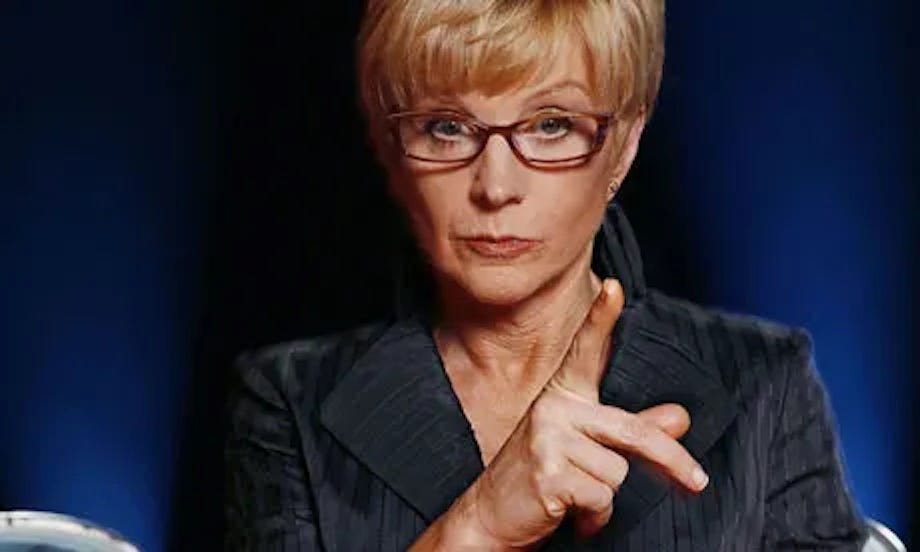Our system of government, designed with distrust in mind, carves up power across fifty states, a bicameral legislature, and three co-equal branches of government.
Co-equal, that is, up to a point.
As Charles C. W. Cooke notes here, Congress is more powerful than the President. Congress has the power of the purse. Congress can override the President's vetos and executive orders. Congress can remove the President, but the President can do nothing to Congress.
Truly the most power among the co-equal branches lies in the Supreme Court. The Court can overrule Congress and it can overrule the President. Yet, even that "supreme" power is limited - the Court can only react, not act on its own. Its power is mostly the power to say "no."
Which, if viewed from the "distrust" perspective, is great. It serves as a limiter, and its only affirmative powers are in conjunction with one of the other branches. As in, it can throw gas on a fire, but it cannot start the fire.
The breakdown occurs when two or three branches work in unison against the Constitution's limits - when they all step on the accelerator at the same time. This human factor is a weak link in our system. The oath to uphold and preserve the Constitution means nothing if no one keeps that promise, if no one follows the rule book.
Another weak link is the difficulty that one branch has in rolling government back. While I understand and agree with the Court's rejection of the line-item veto in 1998, a mechanism that'd make it easier to shrink things would be nice. As things are, there's nothing in the world harder to kill than a government program.
Still, if enough voters elect enough good-minded politicians, stuff can get rolled back. It does happen from time to time, though obviously much too rarely.
Therein lies the ultimate problem. The Constitution, the separation of powers, the checks and balances, and the concept of limited government itself are nothing absent the will of the people that they be honored. As we approach the next election, and especially the next primary season where we aren't arguing about a binary "lesser of two evils" choice, it's really up to us to affirm or reject the principles that upended millennia of autocratic rule and disregard for the individual.
The futures of the Republic and the principles of liberty themselves are on us.



This might be a dumb question, but, who is the woman in the photo?